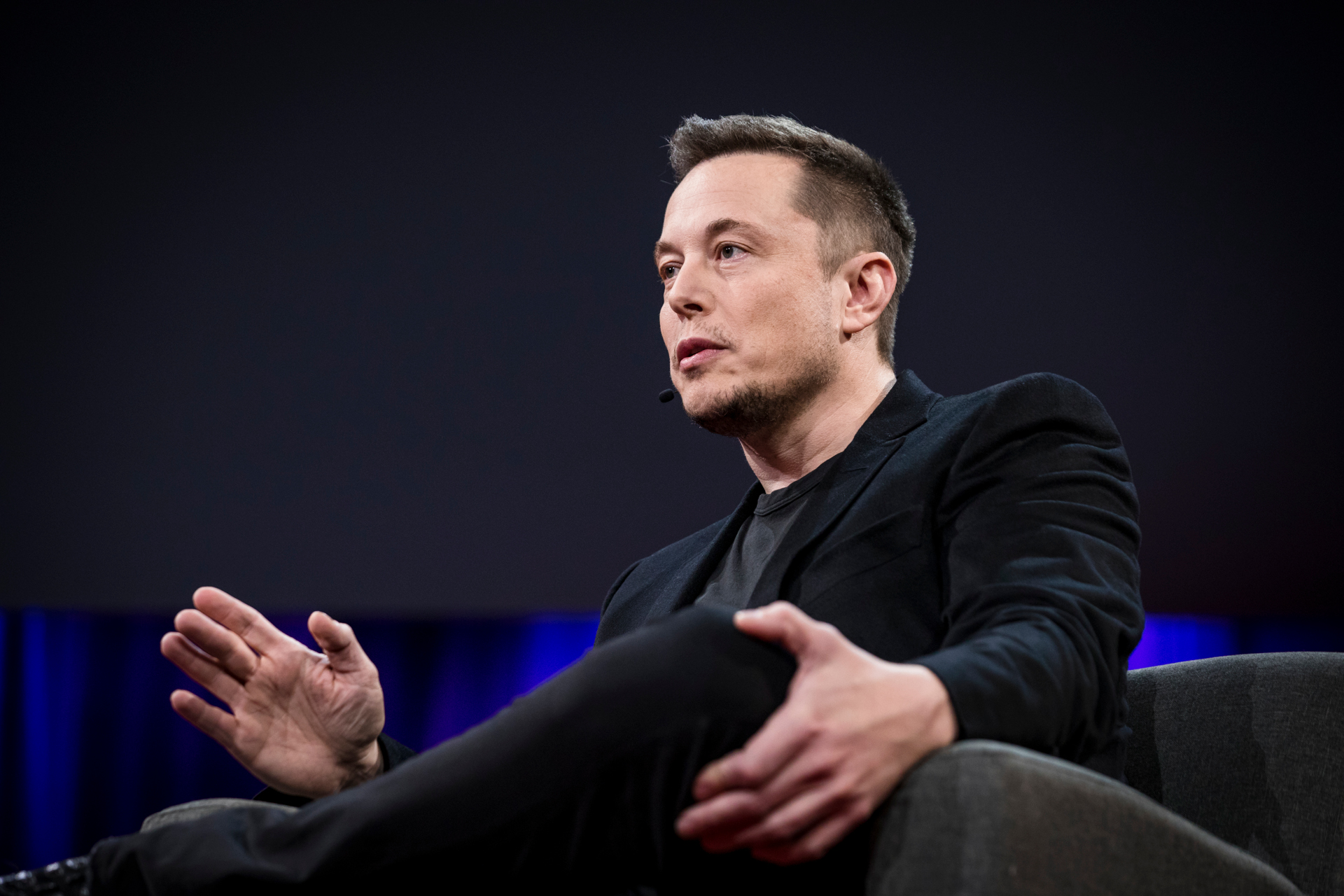Musk’s Twitter-The New Free Speech Haven or Doomed to Fail?

It’s now been nearly 4 weeks since Elon Musk officially took the helm at Twitter HQ and critics are already raising questions regarding his leadership. In the first few days in his new role, Musk quickly fired former chief executive Parag Agrawal and other top executives such as Chief Financial Officer Ned Segal and the firm’s former legal director Vijaya Gadde, decided to leave the company following this, before Musk, now famously, tweeted ‘the bird is free’.
Musk, who over recent years has gained notoriety as a free-speech advocate, had been outgoing in his opposition to the former management of Twitter particularly of its moderation policies and handling of controversial figures and opinions. He argued they had been unfairly subdued and silenced by former management – therefore contradicting his personal ideals of free speech and personal liberty, vowing to completely change this under his leadership. However, Musk did state he did not wish to see Twitter become a ‘free for all hellscape’ or an ‘echo chamber of hate and division’ which some critics argue he has already failed in this task.
One example used by critics is regarding his new subscription based verification system. Here, Musk attempted to recreate how verification on the site works and move away from Twitter’s supposedly arbitrary metrics of deciding who deserved a blue tick and who did not. Musk’s solution to this was a revised ‘Twitter Blue’ subscription that opened up the verification check mark for everyone who agreed to pay the company a monthly subscription fee of $8. Besides the blue tick, a Twitter Blue subscription also assured subscribers fewer ads and gave them the option to upload longer videos than regular users. Musk also claimed that Twitter Blue subscribers’ tweets would receive higher priority rankings on the Twitter feed to increase visibility and promotion for these users.
Despite concerns about scammers and impersonator profiles using the now ‘open’ verification badge, Twitter rolled out the $8 Blue subscription to users across the U.S., Canada, Australia, New Zealand, and the United Kingdom. Soon after rolling out the program, the company started classifying select Verified Twitter accounts under “official” checkmarks. However, merely hours after the company introduced the “official” badge; Musk confirmed they were rolling it back. This is likely due to what some would argue is an obvious design flaw in this service, in which parody accounts of significant public figures and companies were able to gain verification and seemingly come across to the public as the official profile on the site. This change affected various public figures and companies including an account pretending to be major US pharmaceutical firm ‘Eli Lily’ which falsely tweeted ‘We are happy to announce insulin is free now’. This had damaging effects on the company’s stock which sank from $368 a share to $346 a share, which according to economic reports at the time—reportedly erased billions in market cap.
Further controversy has risen this week after Musk asked employees to commit to ‘long hours at high intensity or leave’. Following this there are signs that large numbers of workers have resigned because they have not accepted Musk’s new terms. One former Twitter employee, who wished to remain anonymous, told the BBC: “I think when the dust clears today, there’s probably going to be less than 2,000 people left.”
Twitter has now officially closed its offices until Monday 21st and asked employees not to discuss internal business in public. Employees have since been tweeting using the hashtag #LoveWhereYouWorked and a saluting emoji to show they were leaving the firm and questions have been raised as to the possibility of the platform shutting down in the near future if the site can no longer be effectively maintained.
Despite this, Musk recently tweeted that Twitter now has a record number of users and regardless of any turmoil, he believes Twitter will continue to be a platform of free speech and will continue to grow.
It is unclear whether Musk’s leadership will be the eventual downfall of the company and platform or if he will successfully continue to focus his efforts on maintaining his vision of a platform built on free speech and openness, only time will tell.
Image Credit: Flickr
